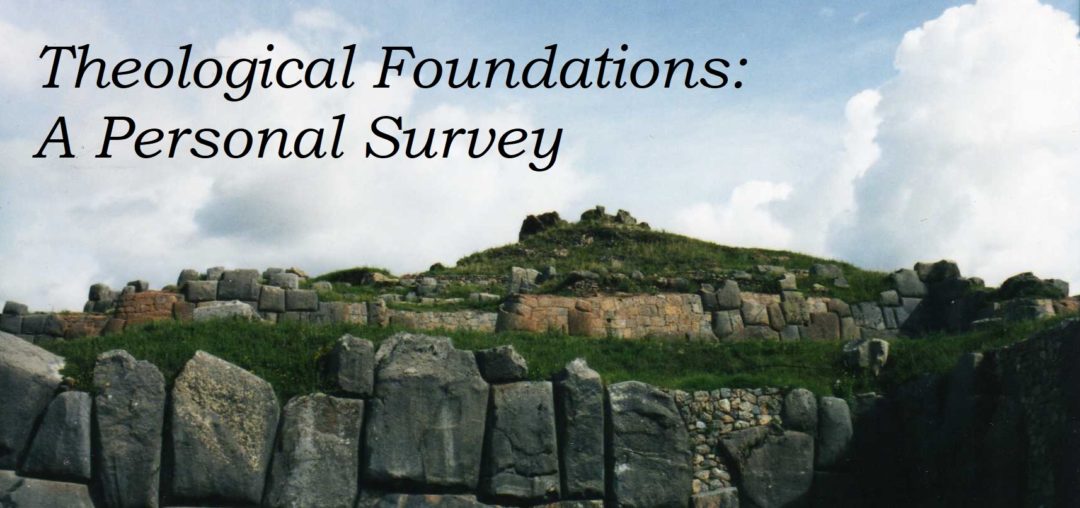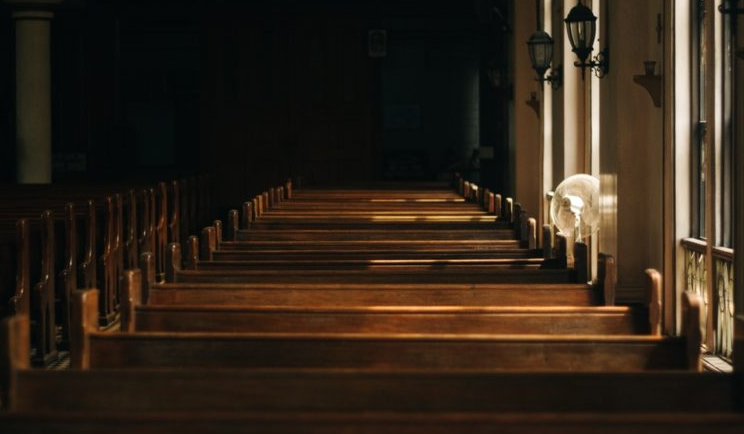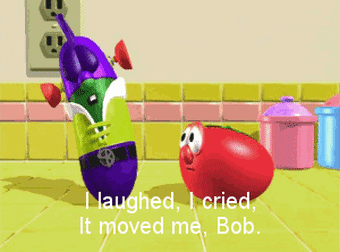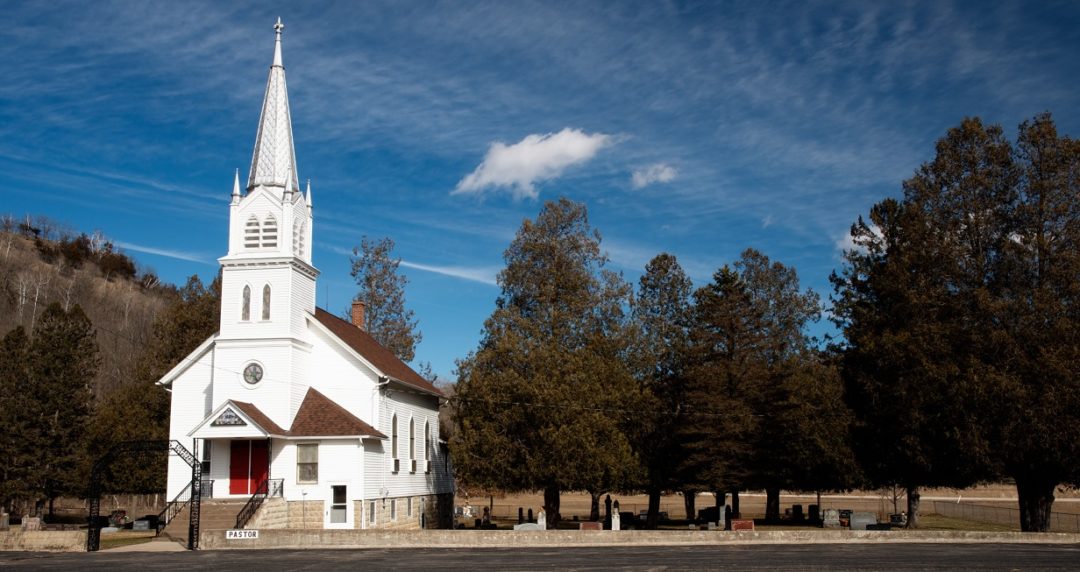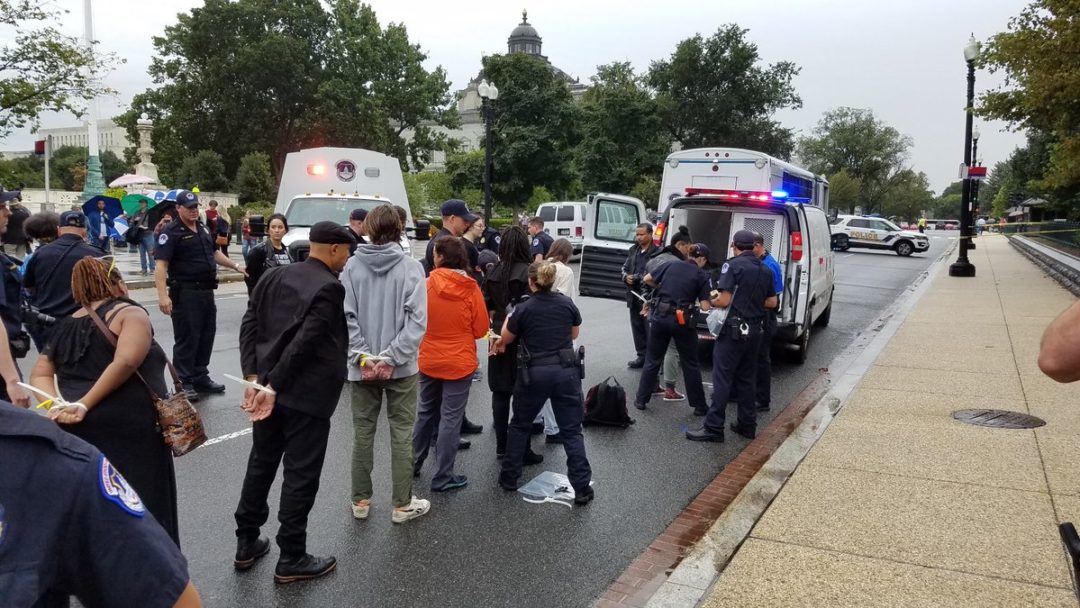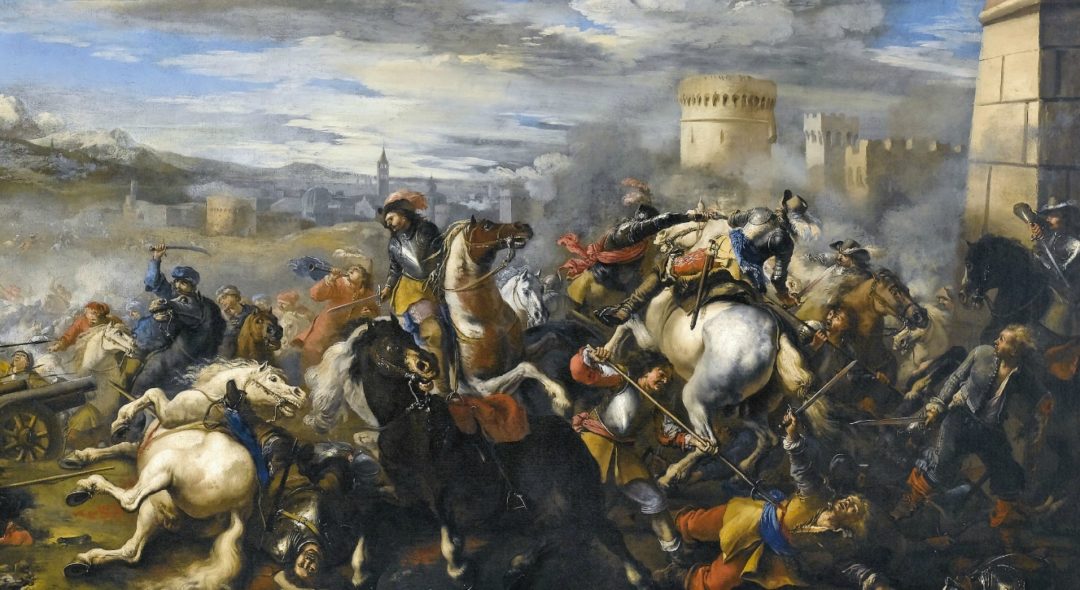Part One: Public Theology | Part Two: Incarnation
I think one of the elements that tend to push people away from Christian fundamentalism and evangelicalism is that there is no rigorous or deep conversation happening about suffering. In those contexts, when we encounter pain, abuse, trauma, loss, grief, tragedies, or horrors, there are only a handful of half-baked platitudes available to offer each other. “Everything happens for a reason,” we say, or “God only gives us what we can handle”; even worse, we take on the mantle of one of Job’s friends and victim blame: “what are you doing to make him act like that? Are you being a good, submissive wife?” Or, the one I’ve seen most often this week: “if they’d been carrying a gun, they could have stopped it.”
Most conservative Christian articulations of theodicy— the attempts to answer the “problem of evil”– can take us into some harrowing theological territory. Evil is really just God punishing the wicked, goes one argument; the one I’ve personally encountered the most often is “God’s ways are not our ways,” and something we think is “evil” may not, in fact, actually be evil at all. I’ve always found that one deeply disturbing, because it renders our conscience completely irrelevant– and totally and utterly unreliable to boot. All my life I found the pat, tidy, almost pre-recorded responses to my suffering unsatisfying and inadequate. When I was struggling the hardest with all the abuse I’d experienced, hearing “everything works according to his plan” infuriated me.
There are very few things I know beyond all doubt, but one of them is: suffering is not redemptive.
… which makes thinking about the Crucifixion and atonement theory a difficult proposition. Penal substitutionary atonement theory (a type of satisfaction theory)– the dominant theory that most evangelicals believe must be accepted as a fundamental truth in order to “be saved”– is deeply troubling to me because of what it says about suffering. In this model, suffering is not just good, but necessary. In order for God to accept us, someone had to be made to suffer. We’re supposed to find it beautiful that God chose Themself as the person who would do the suffering, but in reality it’s just horrifying. It forces Christianity to be fundamentally about death; it renders Jesus’ entire earthly ministry and his Resurrection an afterthought. Nothing is as important as the fact that he died for our sins.
Other atonement theories I’ve encountered in the last six years have been better, but not by much. I held onto christus victor theory and moral influence theory the longest, but both ultimately teach that suffering can be the most redemptive option. Suffering can be good if it breaks the chains of death and evil on the world. Suffering can be good if it teaches us to be compassionate.
And then I read Sisters in the Wilderness: The Challenge of Womanist God-Talk by Delores Williams and broke down crying– tears of relief, joy, hope. I was ecstatic. I felt almost enlightened– in religious language, it was a liminal encounter with the divine. Something inside of me jolted awake and recognized her words as True:
The resurrection of Jesus and the flourishing of God’s spirit in the world as the result of resurrection represent the life of the ministerial vision gaining victory over the evil attempt to kill it … Jesus therefore conquered sin in life, not in death. …
The resurrection of Jesus and the kingdom of God theme in Jesus’ ministerial vision provide black women with the knowledge that God has, through Jesus, shown humankind how to live peacefully, productively, and abundantly in relationship. Jesus showed humankind a vision of righting relations between body, mind, and spirit through an ethical ministry of words, through a healing ministry of touch and being touched, through the militant ministry of expelling evil forces, through a ministry grounded in the power of faith, through a ministry of prayer, through a ministry of compassion and love.
There is nothing divine in the blood of the cross … Jesus did not come to be a surrogate. Jesus came for life … As Christians, black women cannot forget the cross, but neither can they glorify it. To do so is to glorify suffering and to render their exploitation sacred. To do so is to glorify the sin of defilement. (146-48)
In William’s ministerial atonement theory, suffering is a reality that can’t be forgotten or ignored, but it is recognized as something being wrong with the world, or with humanity. Evil is acknowledged as real, and as incredibly powerful. She also piercingly recognizes how evil operates: it attempts to kill not just life, but peace, abundance, relationships. Its source is often found in the breakdown of connection, of losing physical, mental, emotional, and spiritual coherence as a person and as a society. Life and resurrection, in this ministerial vision, is the search for healing, compassion, and love– as well as the fight against disconnection and exploitation.
Kelly Brown Douglas argued for something similar in Stand Your Ground: Black Bodies and the Justice of God when she speaks powerfully on rooting our theology in the Resurrection and not just the Crucifixion:
There is not one story reported in the four Gospels in which Jesus cooperates with death. … What the crucifixion-resurrection event reveals is that God does not use the master’s tools. God does not fight death with death. God does not utilize the violence exhibited in the cross to defeat deadly violence itself. …
Maintaining the connection between the cross and the “empty tomb” is essential to the meaning of the resurrection itself. It grounds the resurrection in history. It makes clear that the evil that God overcomes is historical, that is, that God really defeats the powers of this world. …
The resurrection restores life to those who have been crucified. It calls attention to the meaning of a life. (181-192)
***
The consequence of reorienting my conception of the “crucifixion-resurrection event” from one that revolved around death and suffering to one based in life and ministry is that my faith is no longer about fear, shame and avoidance. Before, my religion was completely wrapped up in keeping myself and others away from an eternal afterlife of misery and torment, but now my religion is fundamentally about life, and having it more abundantly. Like Jesus, I will not cooperate with death. I will not allow the evils of disconnection and exploitation to fester– not in myself, and not anywhere else, either. A “ministerial vision” of faith compels me to actions that are more than just evangelism, but toward justice.
And, as Kelly Brown Douglas put it, my faith is grounded in the “historical”: the worldly, earthly, and human. I believe that the resurrection asks me to see this life, and all our lives, as important and valuable. It’s my job to bring a reality of resurrection, not some far-off distant hope with no real-world applications or substantive changes.
In my life, believing in the resurrection this way teaches me to look for ways to “bring dead things back to life again,” as Rachel Held Evans put it in her introduction to Searching for Sunday. How can I bring about a cultural shift among homeschooling families? How can I help bring about a world where children’s lives are seen as valuable, important, and worth not just protecting from harm to but to aid them in flourishing and finding fulfillment, meaning, and purpose? How can I strengthen connections in our communities– between legislators and graduates, parents and social workers, educators and children? How do I make sure that everyone at the Coalition for Responsible Home Education is treated in a way that values their life and living it abundantly, even when the work we’re doing encounters the “banality of evil” every day? How do I make sure when I’m in the political arena, a field where negotiation and compromise is essential, I work in a way that does not “cooperate with death”? That makes sure the policy proposals we make and pursue do not harm life, or contribute to human suffering?
The resurrection has taught me how much resisting death, suffering, and evil matters.

